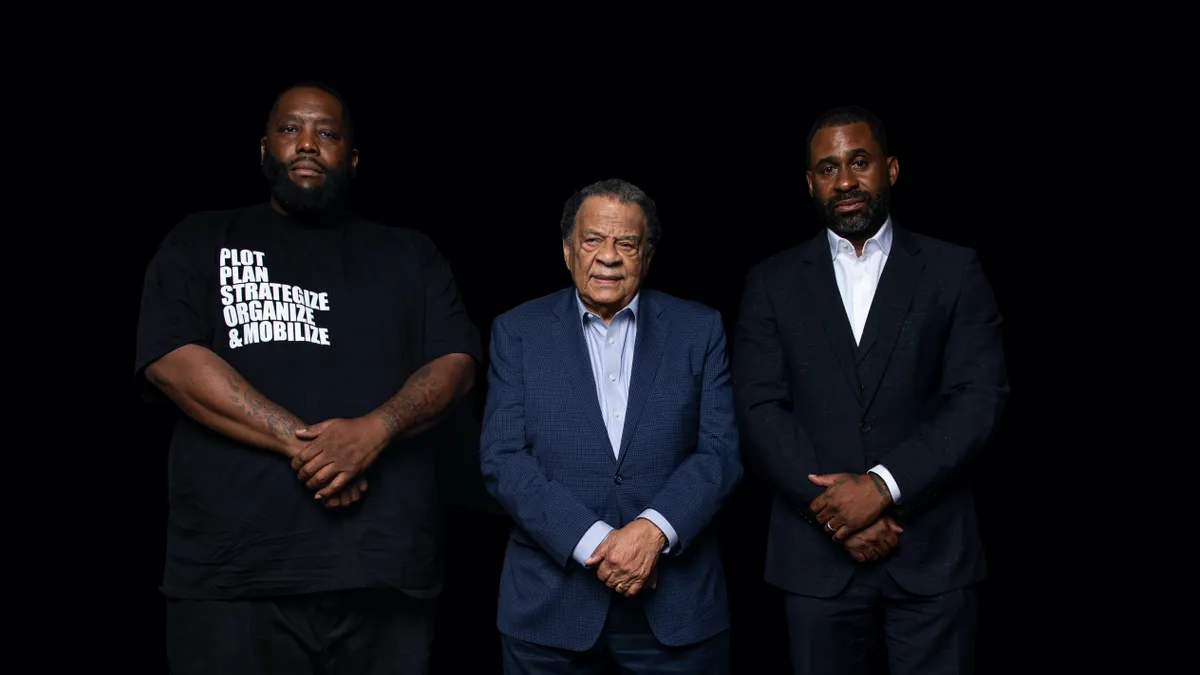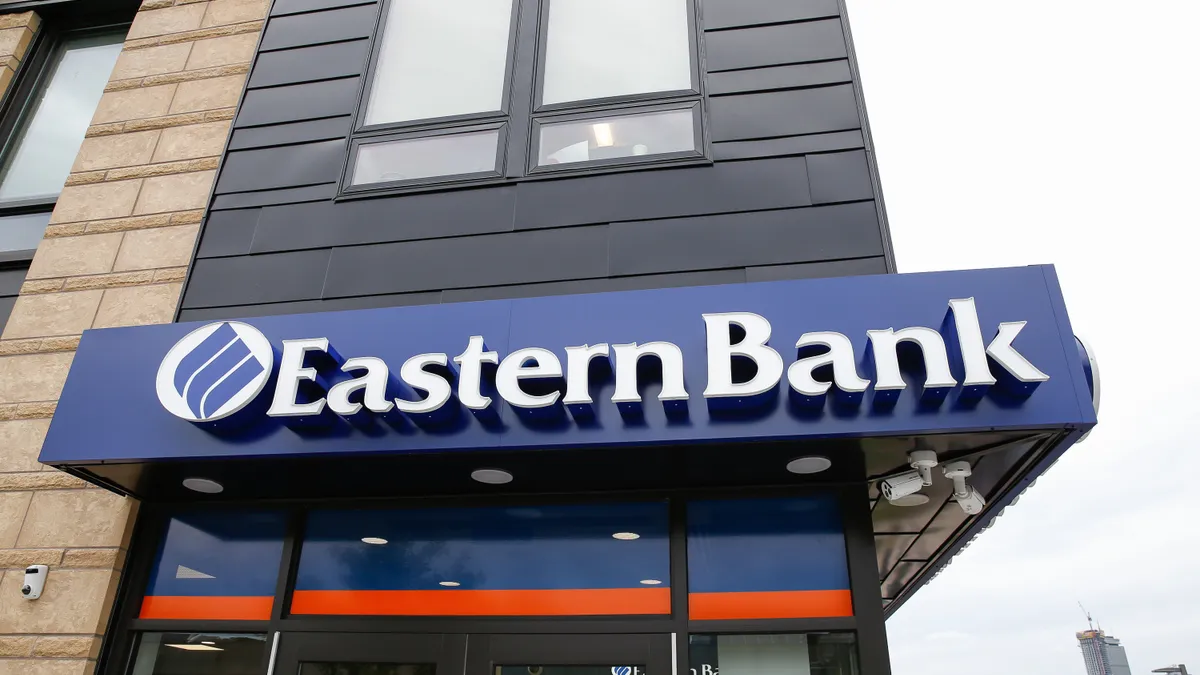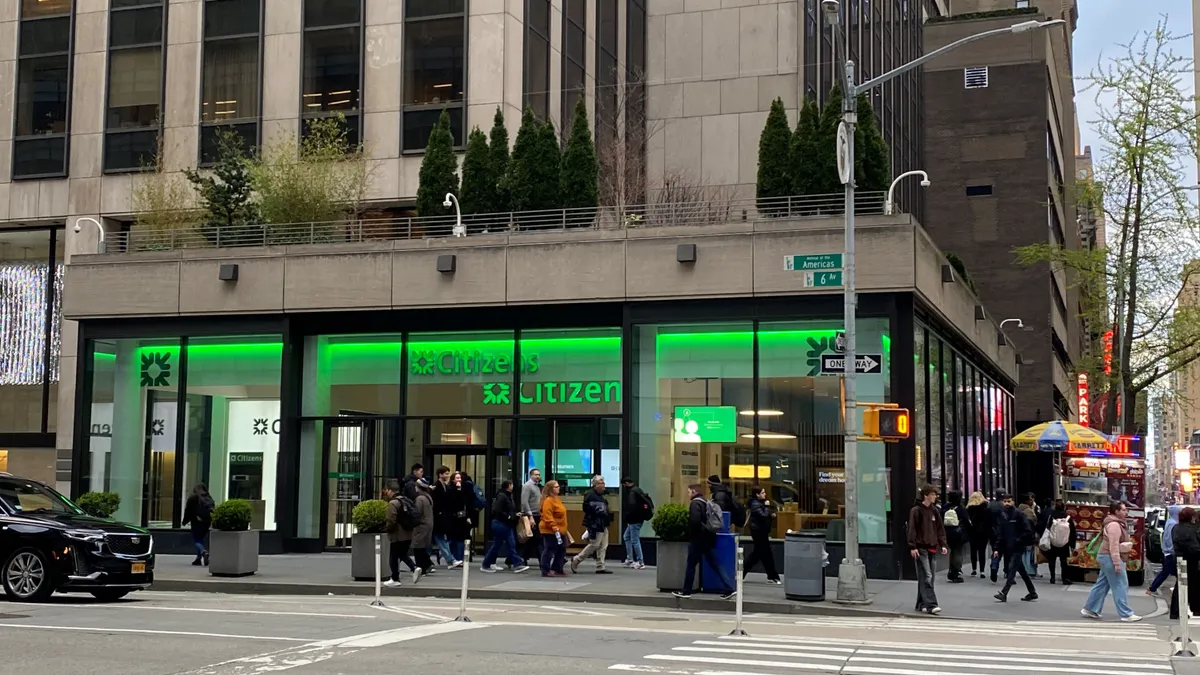Greenwood, a neobank aimed at serving Black and Latinx communities, added a new subscription-based product called Elevate, which, at $200 per month, allows members access to private clubs, entertainment and professional networking sites.
The Atlanta-based fintech’s new subscription membership plan is the result of two recent acquisitions. Greenwood acquired networking hub and workspace The Gathering Spot in May, followed by its purchase of Valence, a professional networking platform for the Black community, in June.
Access to those two networks, combined with Greenwood’s digital banking platform, are included in the fintech’s new Greenwood Elevate membership.
“Those partnerships create the largest combined fintech and community platform for Blacks and minorities, serving a community of over a million people,” said Ryan Glover, Greenwood’s chairman who co-founded the neobank alongside civil rights leader Andrew Young and rapper and activist Michael “Killer Mike” Render. “We're creating an ecosystem that provides best-in-class banking products through Greenwood, community through The Gathering Spot and career development and access to jobs through Valence.”
For Glover, an Atlanta-based entrepreneur and founder of Bounce TV, adding professional- and entertainment-focused offerings to the digital banking platform is a move into familiar territory.
“I built multiple businesses over my personal career in media, entertainment and music, and never had any banking capital to build any of my businesses like my non-minority friends and counterparts or other executives of my ilk,” Glover said. “Greenwood is here to change that narrative and provide individuals with personal and professional capital to build their goals and dreams.”
To help promote the neobank’s Elevate membership, Greenwood partnered with NBA star Chris Paul to gift members of his graduating class at Winston-Salem State University access to Elevate. (Paul attended Wake Forest University, but entered the NBA Draft after his sophomore season.)
Paul, who graduated from Winston-Salem State, a historically Black university, last week with a degree in communications, deposited $100 in a Greenwood account for each of the class's 350 graduates, and will cover each account’s Elevate membership fee for a year.
Glover said Greenwood has been moderately releasing Elevate invitations to account holders and plans to increase those efforts exponentially in 2023.
The digital banking platform also plans to roll out lending and credit products next year, Glover added.
Leaning into the subscription model
Greenwood’s launch of a subscription offering follows a growing trend in the landscape of neobank’s who serve affinity groups.
LGBTQ+-focused neobank Daylight last month announced plans to launch a subscription-based service aimed at helping the queer community navigate the financial, legal and logistical milestones that come with creating a family.
Daylight, which has yet to disclose the service’s subscription cost, said Daylight Grow will feature family planning concierges, a family-building marketplace with vetted attorney networks, in-vitro fertilization and surrogacy clinics and loan access.
The service is undergoing research and development through a pilot program, and is set to launch to the public early next year, the company said.
Majority, a neobank targeting the U.S. immigrant market, charges members a monthly subscription fee of $5.99 for its bundled services, which include a Federal Deposit Insurance Corp. (FDIC)-insured account, debit card, remittance and international calling.
Glover said he views the subscription model is the “wave of the future” for neobanks.
“My gut is, the challenger bank community will not survive, as a financial entity, solely off interchange revenue,” he said. “I believe you can better serve your community and your customer base by offering consistent products that your customers understand, need, and subscribe to.”
Not all neobanks, however, are sold on the model.
Current dropped its $36 annual fee for teen accounts in February and its $4.99 per month fee in April.
The New York-based fintech told Banking Dive last week it has been able to absorb those costs by building its own payment processing infrastructure and eliminating the need for a third-party payment processor.




















